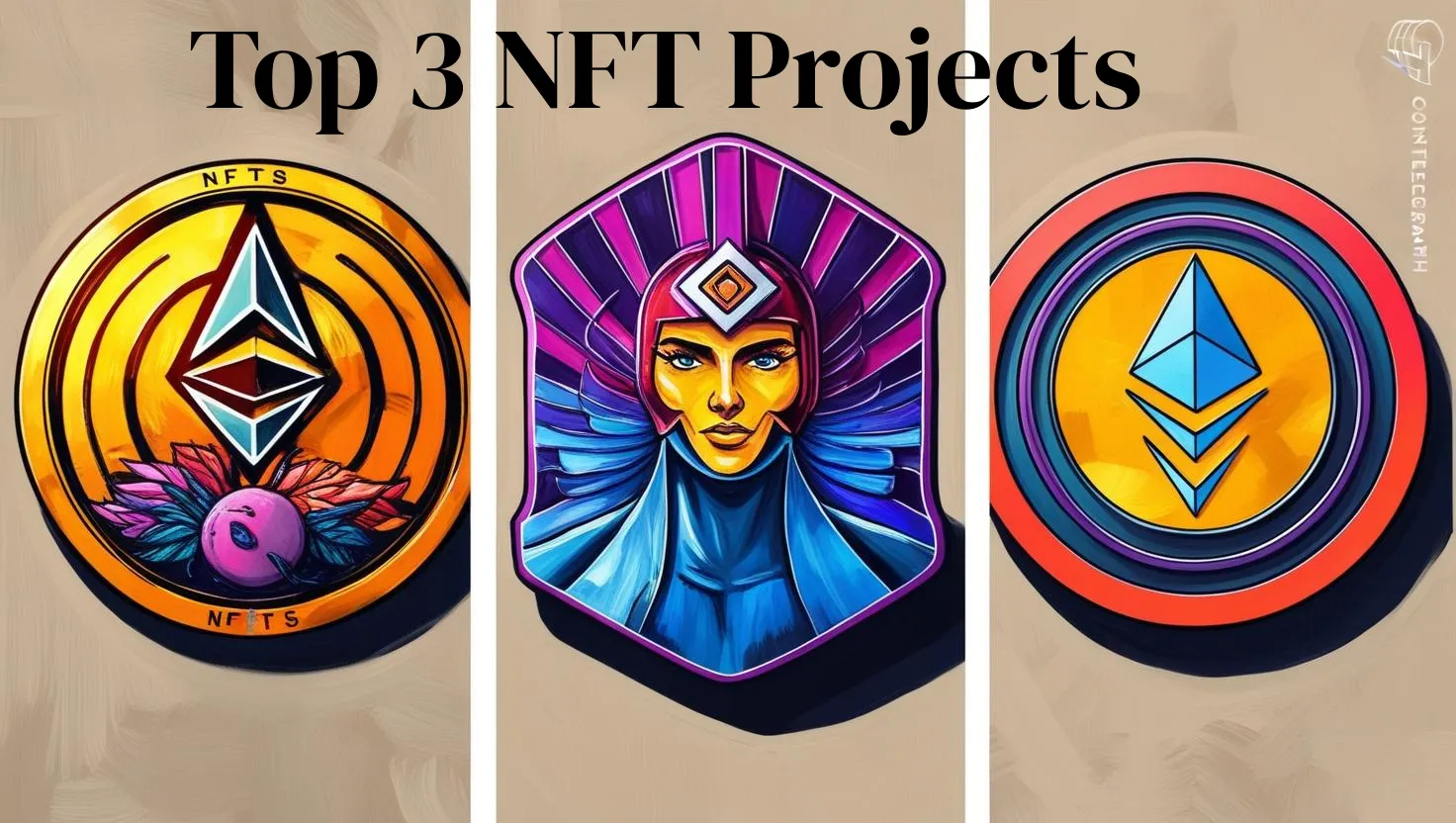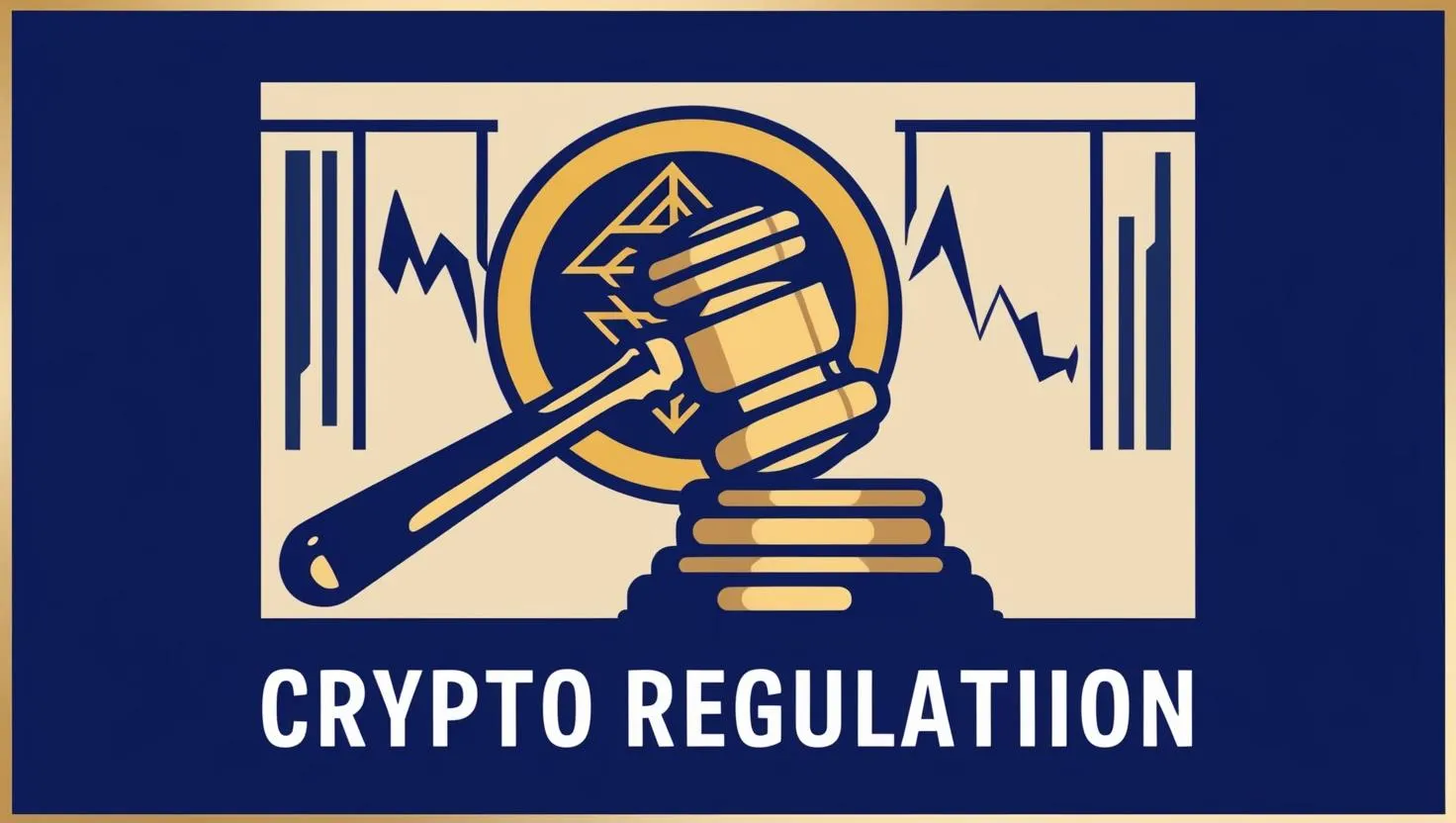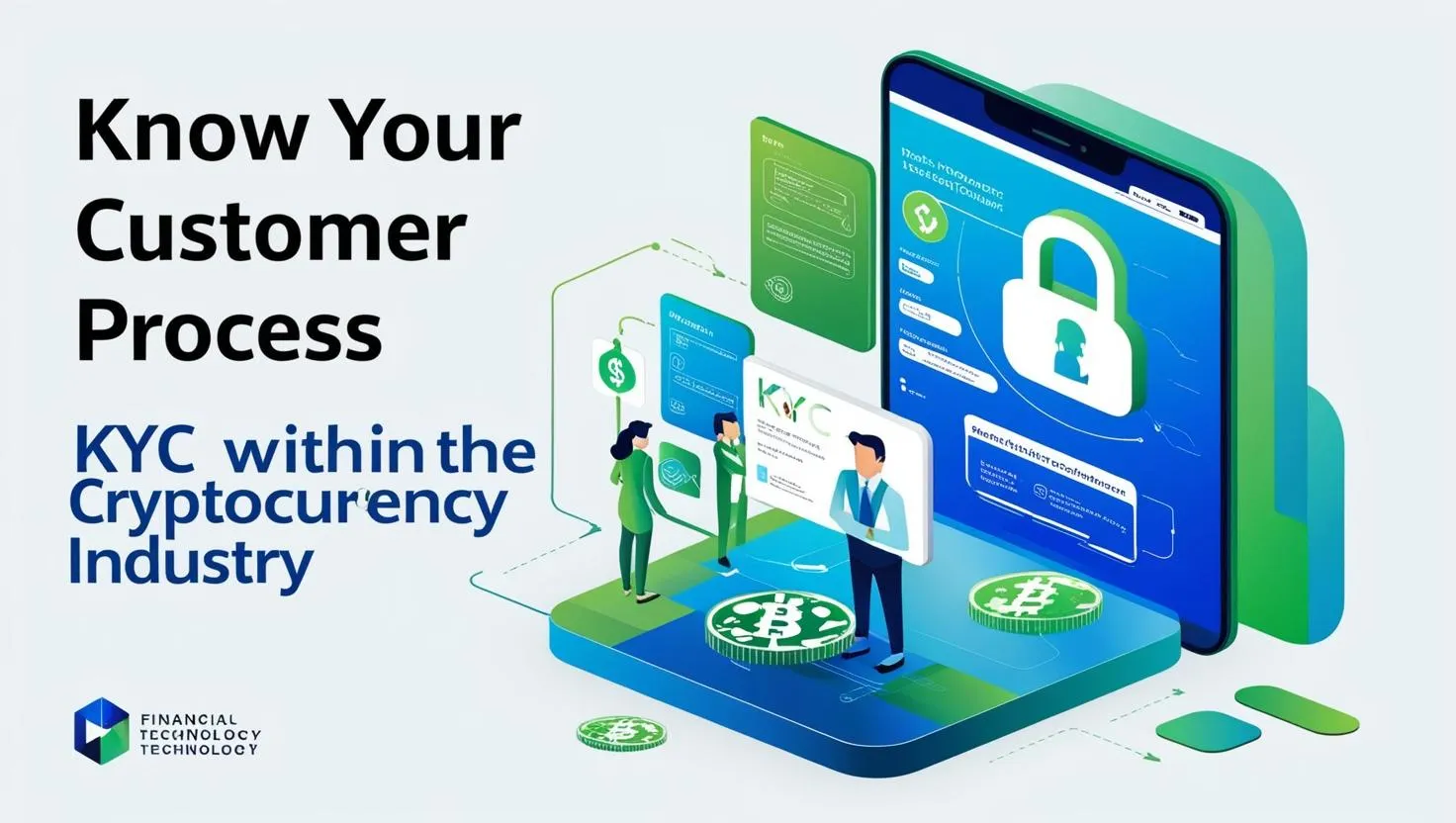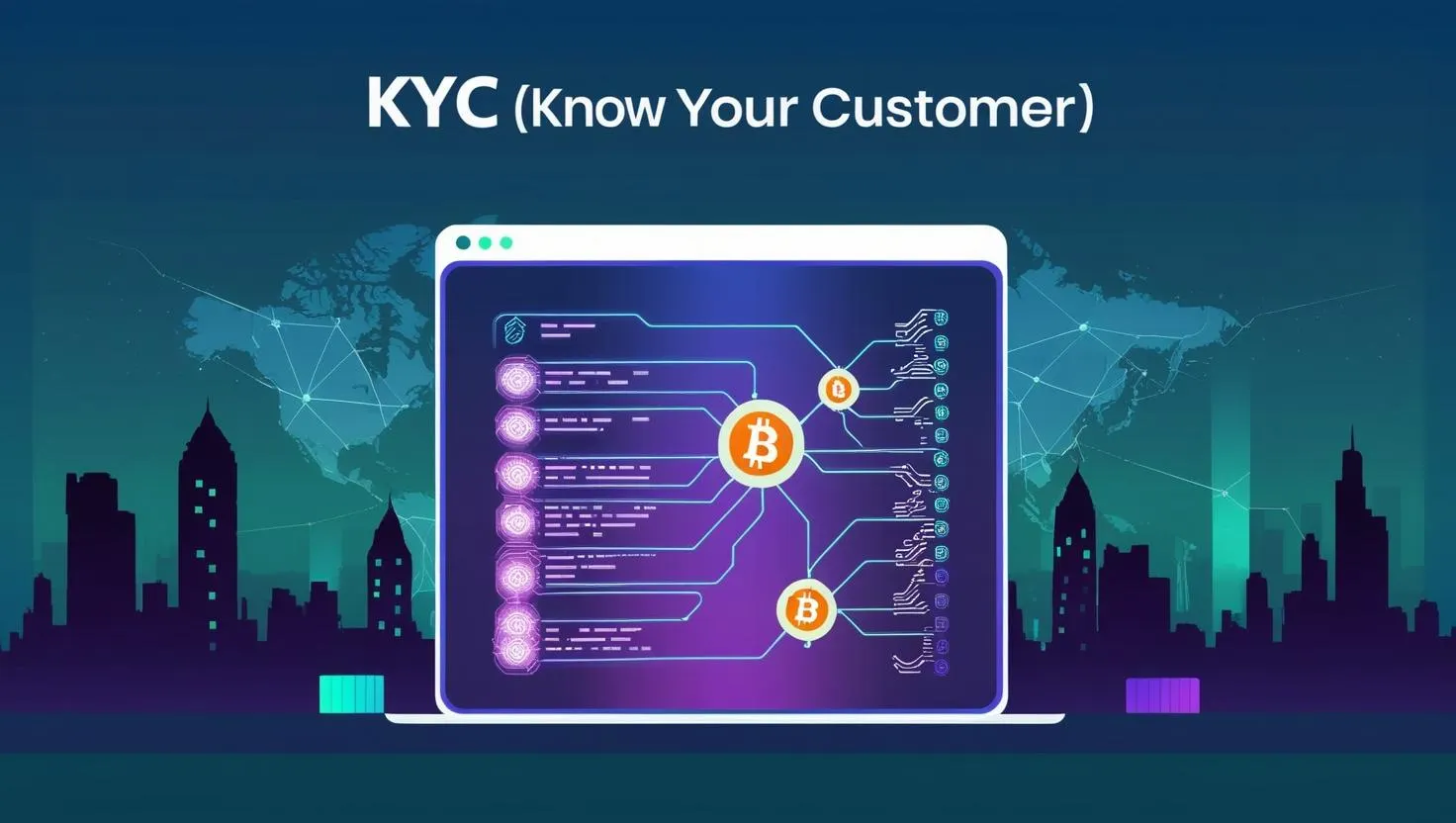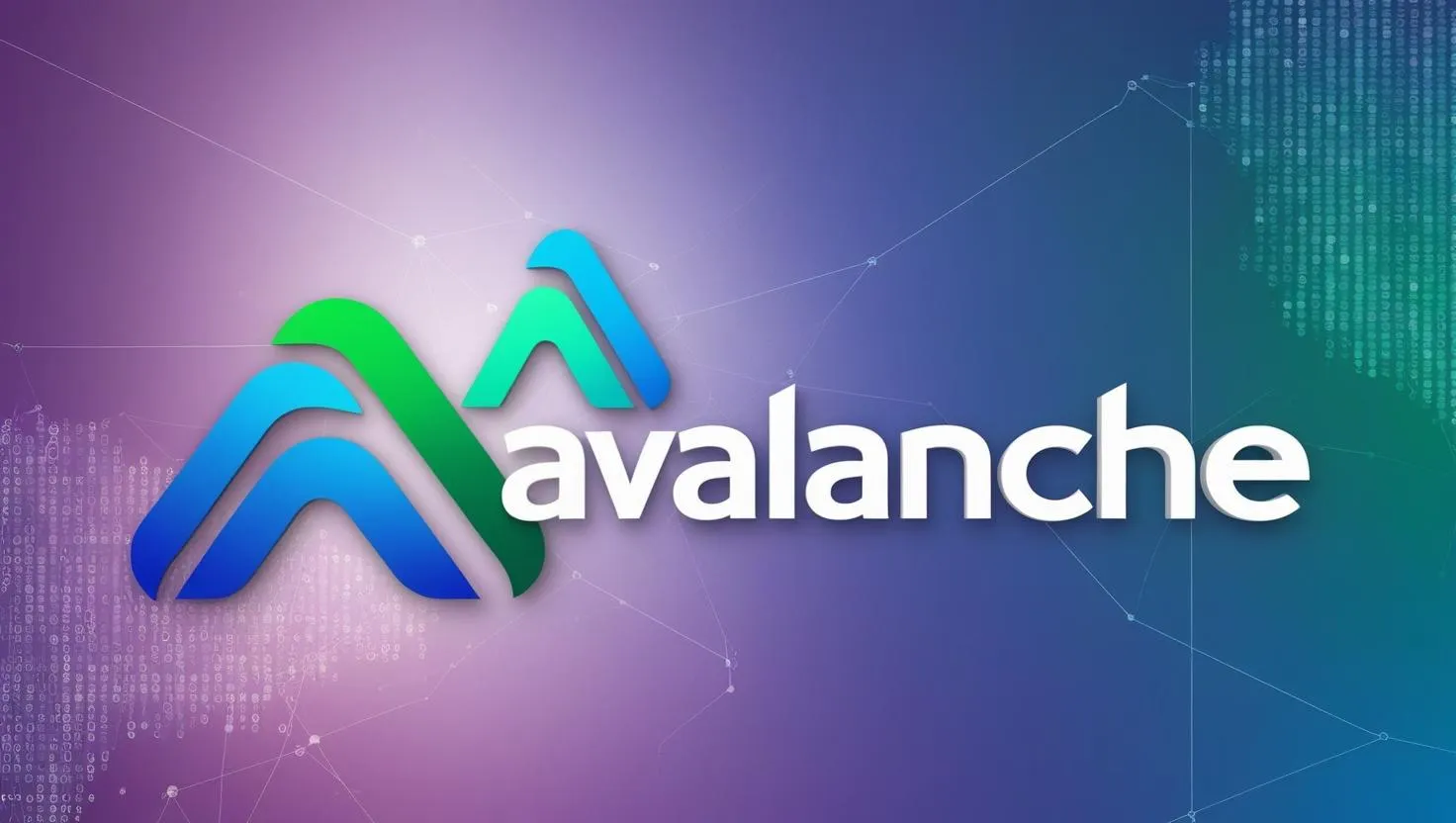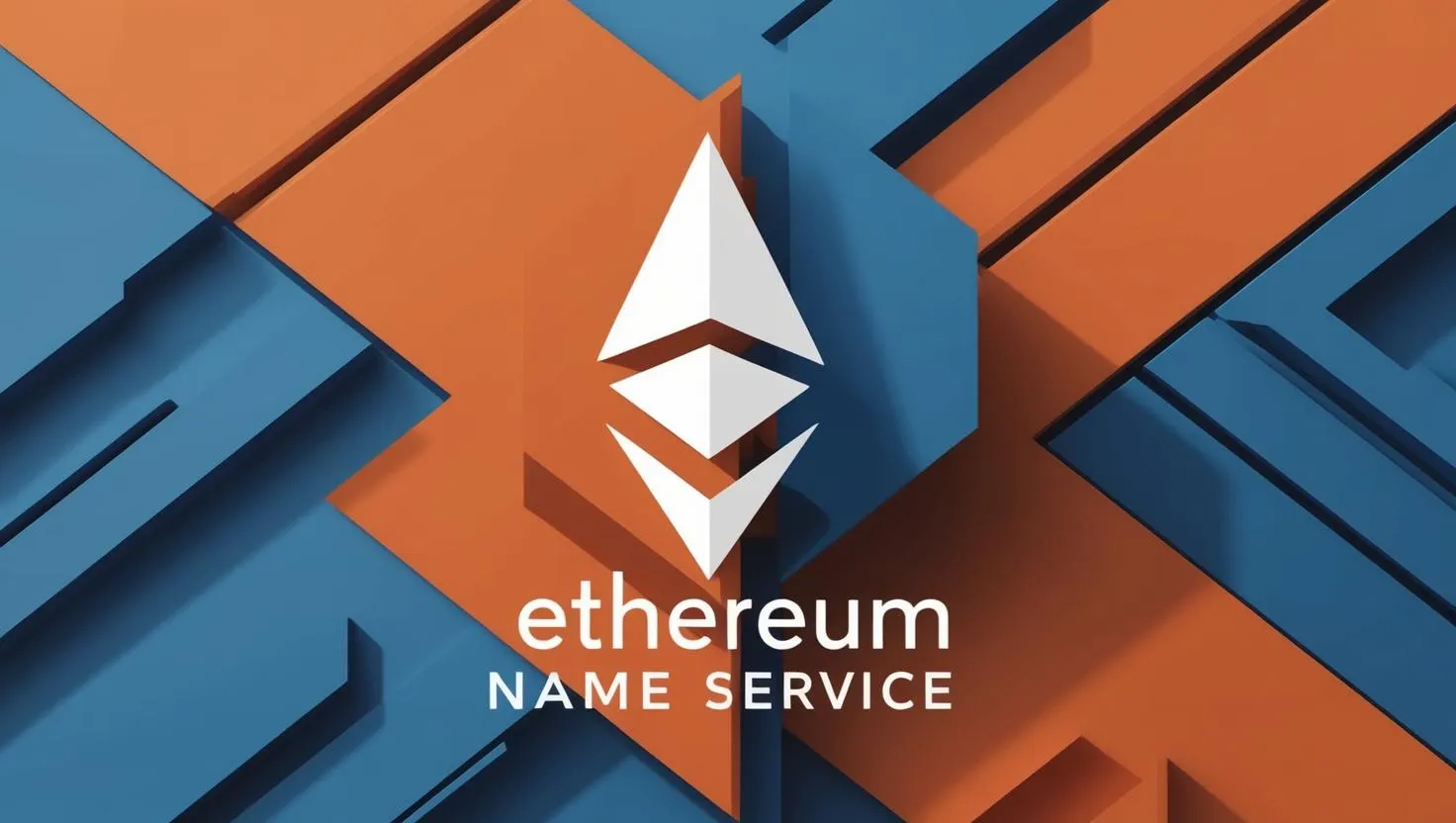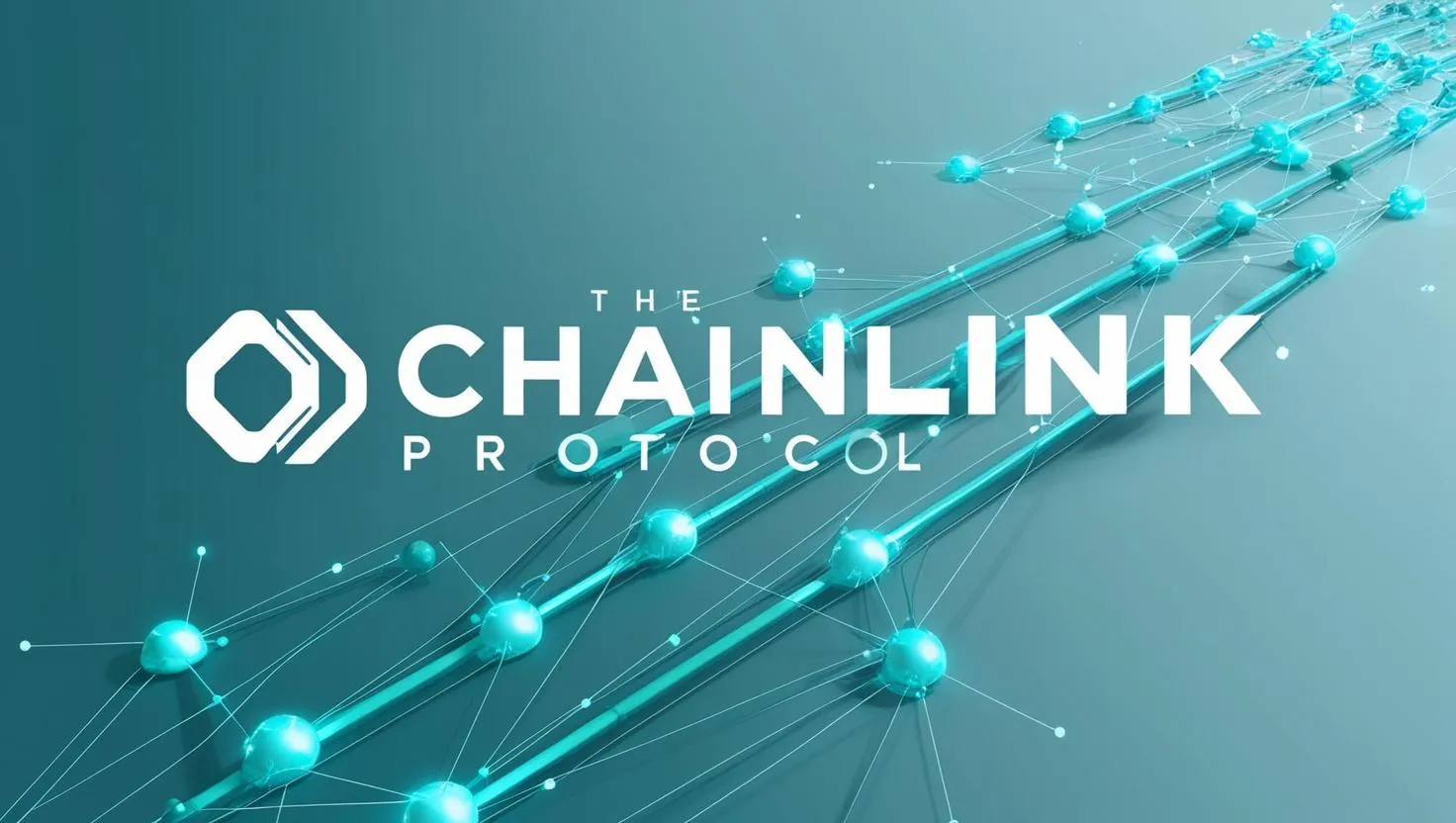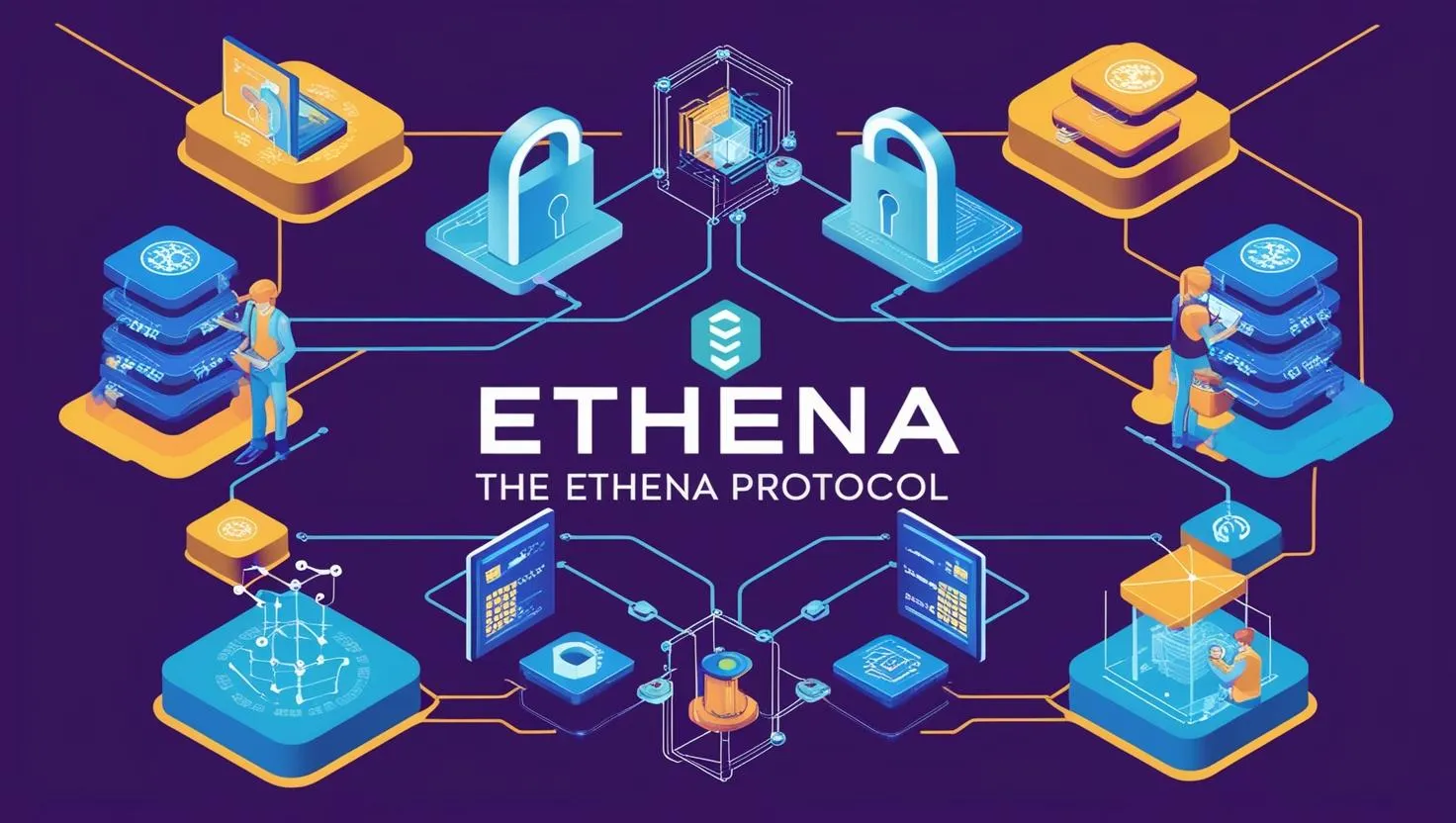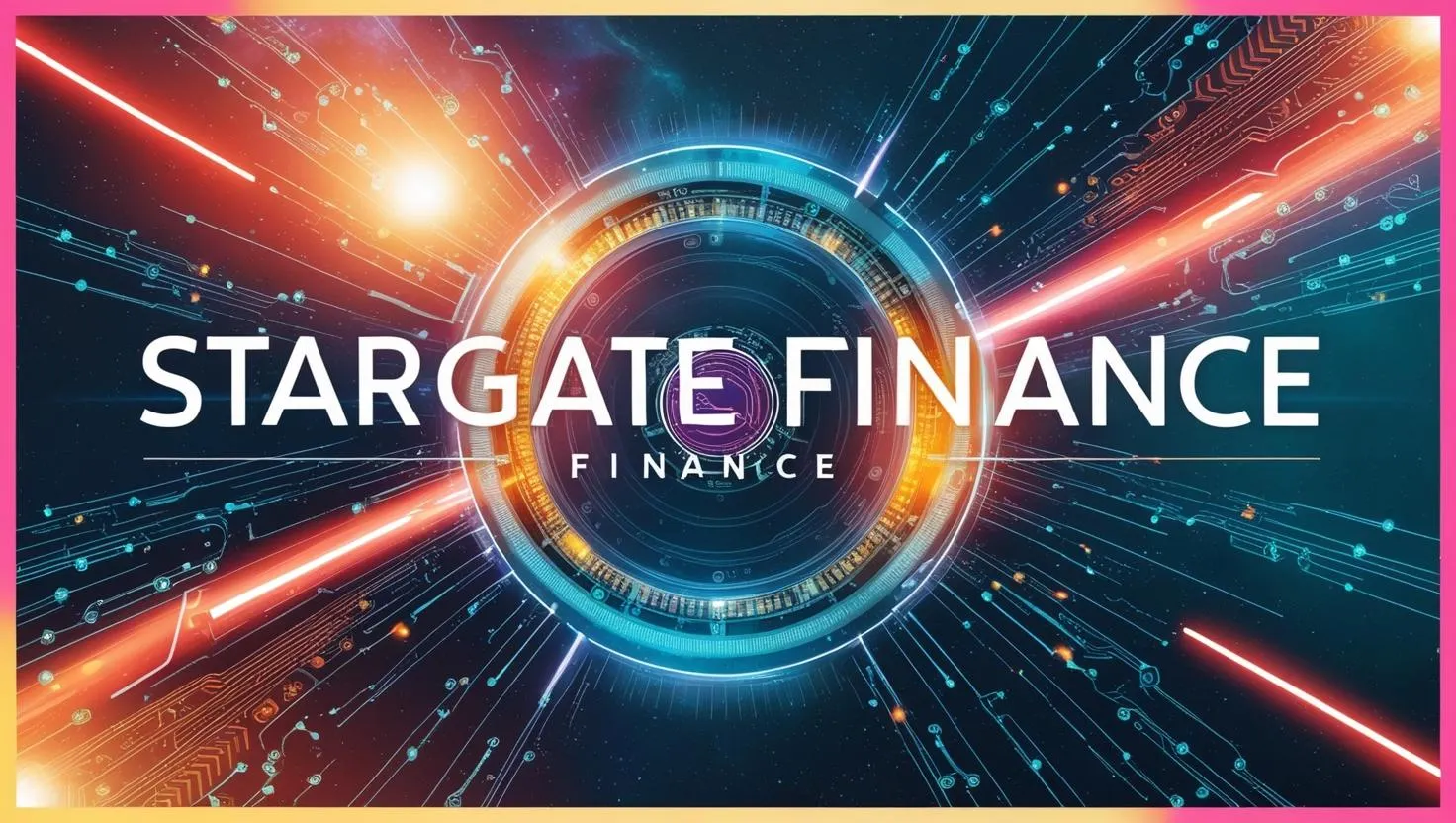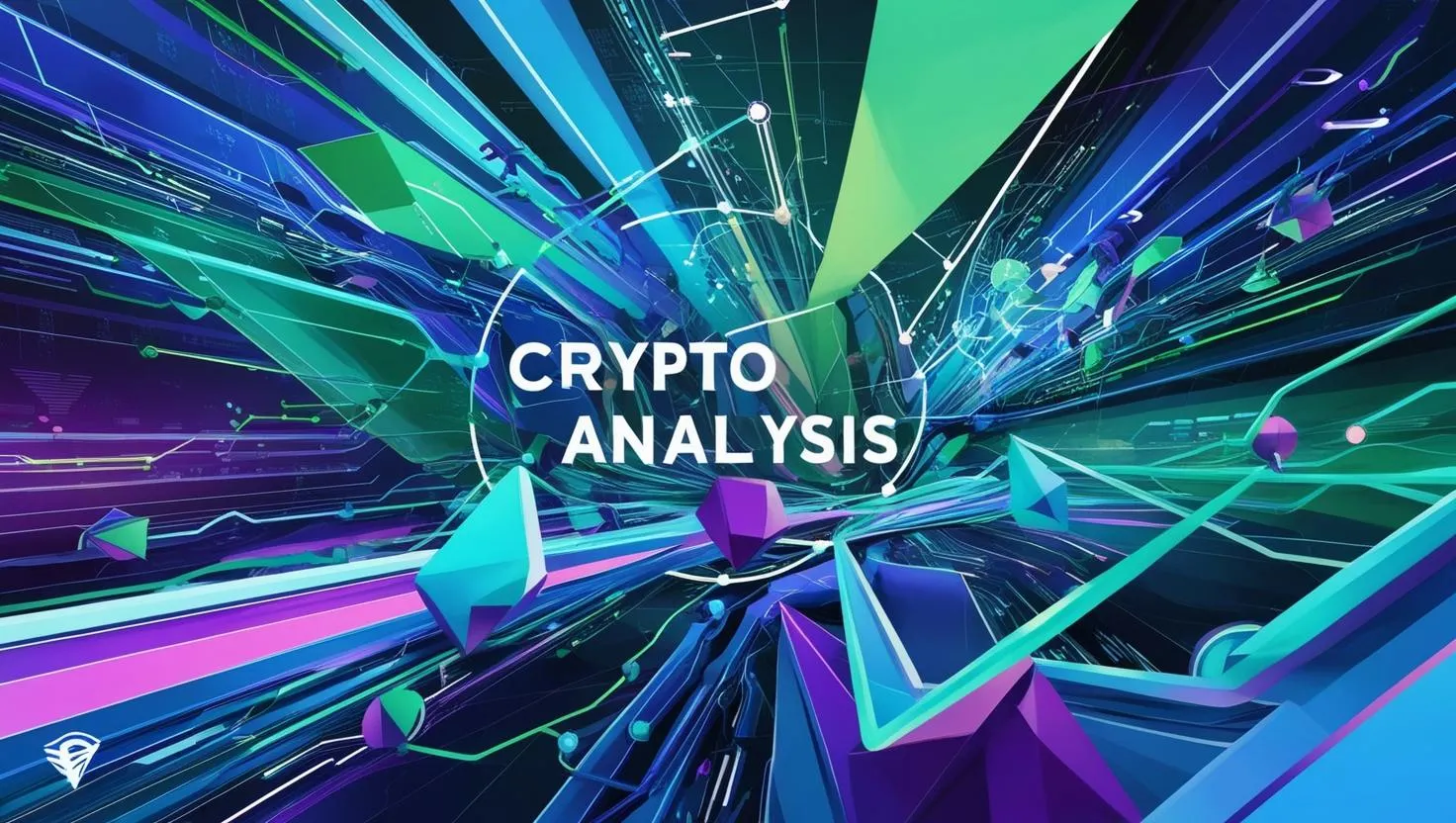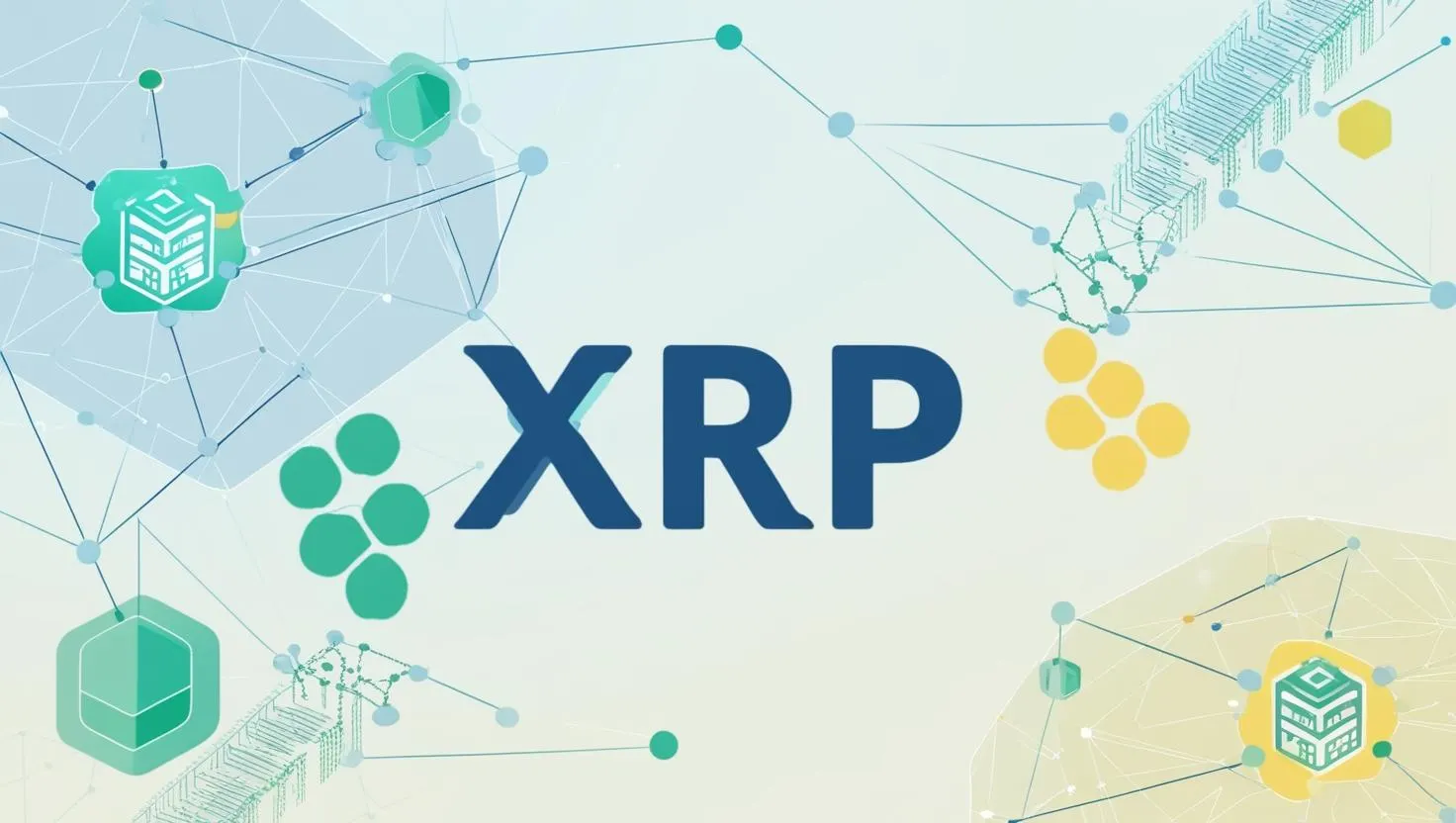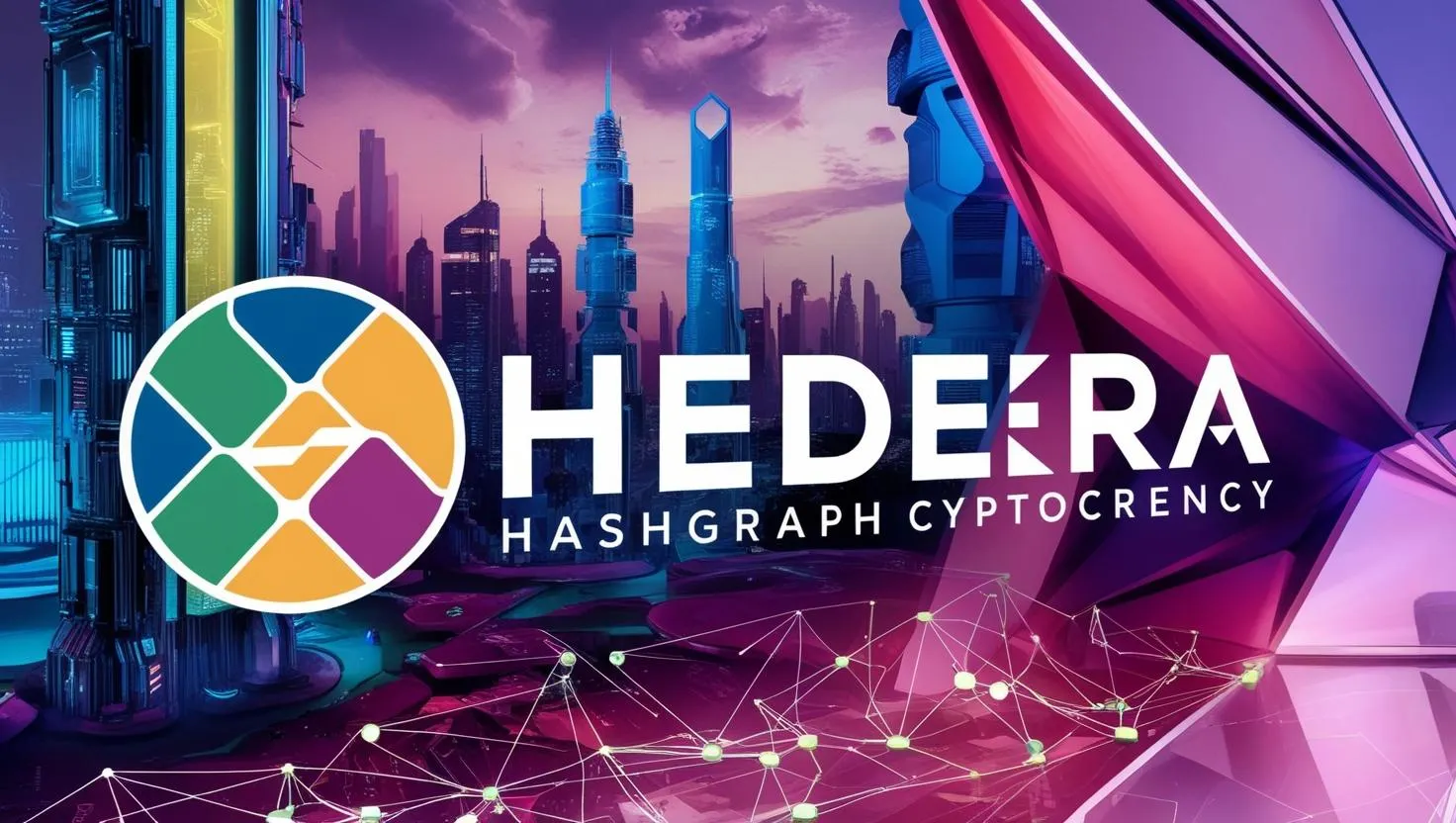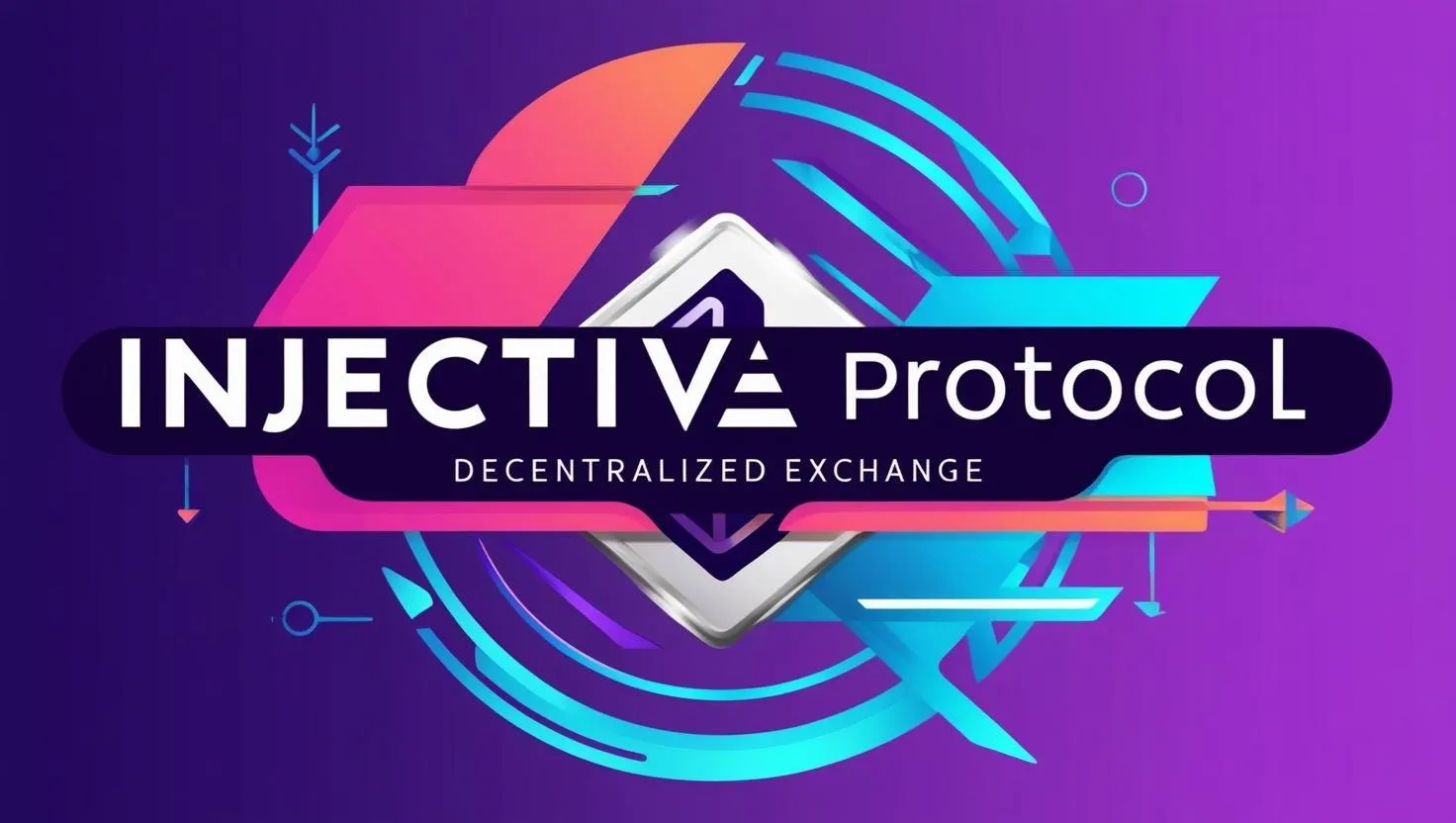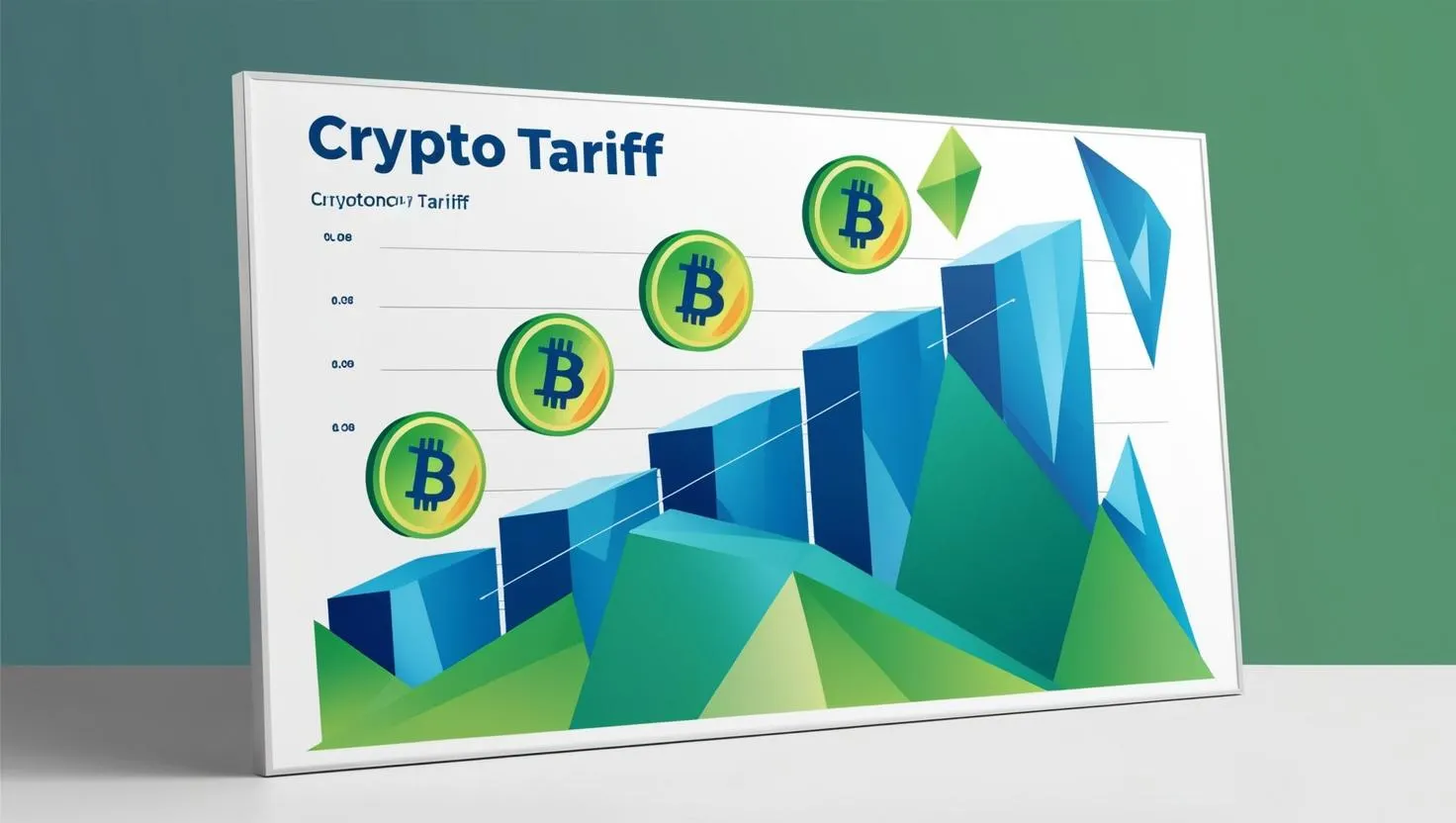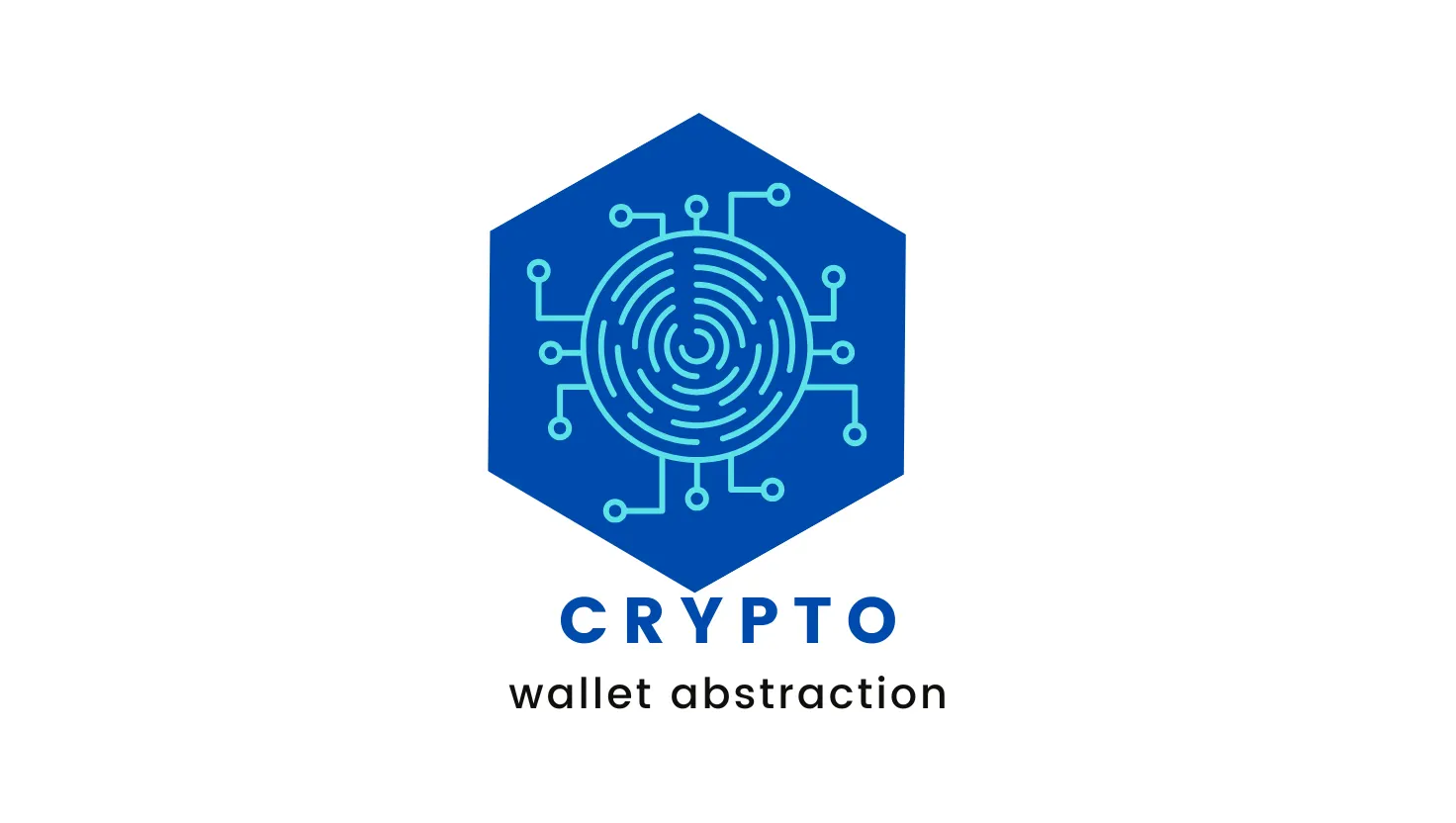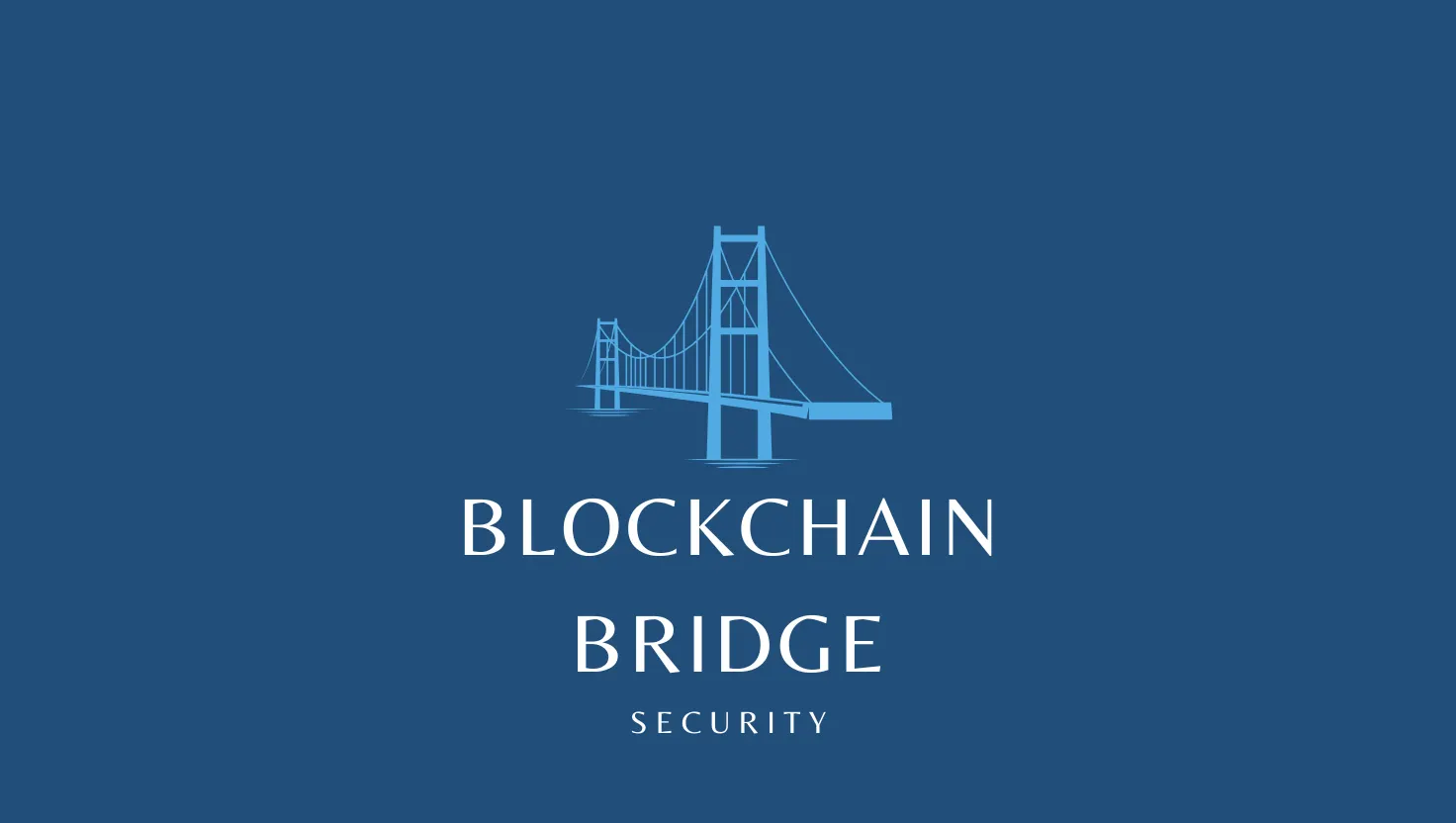How Centralized Crypto Exchanges Bypass KYC: Risks, Methods, and Alternatives
Centralized crypto exchanges (CEXs) are generally required to comply with Know Your Customer (KYC) and Anti-Money Laundering (AML) regulations in most jurisdictions to prevent illicit activities like money laundering and terrorism financing.
However, some CEXs may attempt to avoid or minimize KYC requirements to attract users seeking anonymity or to operate in less regulated environments. Below is an explanation of how some CEXs might try to bypass or reduce KYC requirements, along with the risks and limitations involved. Note that these practices are increasingly difficult due to tightening global regulations, and many exchanges that previously avoided KYC have since implemented it.
Methods Some CEXs Use to Avoid or Minimize KYC Requirements
Operating in Jurisdictions with Lax Regulations:
- Some CEXs base their operations in countries with minimal or no KYC/AML requirements for crypto exchanges, such as certain offshore jurisdictions (e.g., Seychelles, Malta, or jurisdictions with unclear crypto regulations). By registering in these locations, they may avoid stringent KYC mandates that apply in places like the U.S., EU, or South Korea.
- Example: Exchanges like MEXC or ByBit have been noted for offering services without mandatory KYC in some cases, often operating from jurisdictions with lighter regulatory oversight.
Offering Tiered KYC Systems:
- Some CEXs implement tiered account systems where basic functionality (e.g., limited trading, deposits, or withdrawals) is available without KYC. Higher tiers with increased limits or advanced features (e.g., fiat withdrawals or futures trading) require full KYC.
- This allows users to trade smaller amounts anonymously while still technically complying with regulations for larger transactions. For instance, some platforms allow non-KYC users to trade up to a certain threshold (e.g., $1,000-$2,000 daily) to avoid triggering AML reporting requirements.
Providing Non-Custodial or Limited Services:
- Certain CEXs may offer non-custodial services, where they act as a matching platform for peer-to-peer (P2P) trades without holding user funds. Since they don’t control private keys or act as a full custodian, they may claim exemption from KYC requirements in some jurisdictions, similar to decentralized exchanges (DEXs).
- Example: Platforms like HODL HODL use multi-sig escrow for P2P trading, reducing the need for KYC since they don’t hold user funds.
Allowing Crypto-to-Crypto Trading Only:
- Some CEXs avoid KYC by restricting services to crypto-to-crypto trading, avoiding fiat currency transactions. Fiat on-ramps and off-ramps often trigger stricter regulatory scrutiny, so by focusing solely on crypto pairs (e.g., BTC/ETH), exchanges may skirt KYC requirements in certain jurisdictions.
- This is less common now, as regulators increasingly treat crypto-to-crypto exchanges as money service businesses (MSBs) subject to KYC/AML rules.
Using Decentralized Features or Loopholes:
- Some CEXs integrate decentralized protocols or liquidity pools to facilitate trades, mimicking DEX-like functionality. By claiming to operate as a hybrid platform, they may attempt to avoid KYC obligations, arguing that they don’t directly control transactions.
- However, this is risky and often scrutinized by regulators, as any centralized control (e.g., order matching or user accounts) typically subjects the platform to KYC/AML rules.
Targeting Privacy-Focused Users with Minimal Verification:
- Certain exchanges attract privacy-conscious users by requiring only minimal identification (e.g., an email address) for account creation and trading. They may delay or avoid full KYC until specific thresholds or activities (e.g., large withdrawals) are reached.
- This approach is becoming less viable as regulators crack down on platforms that fail to verify user identities adequately.
Exploiting Regulatory Gaps or Delays:
- In regions where crypto regulations are still evolving or enforcement is weak, CEXs may operate without KYC until authorities impose stricter rules. This is a temporary strategy, as global harmonization of crypto regulations (e.g., FATF Travel Rule, EU’s MiCA) is closing these gaps.
- For example, some exchanges that once operated without KYC (e.g., KuCoin, Bitget, OKX) introduced mandatory KYC in 2024 due to regulatory pressure.
Risks and Challenges of Avoiding KYC
- Regulatory Crackdowns:
- Operating without KYC in jurisdictions requiring it is often illegal and can lead to fines, shutdowns, or criminal charges. For example, the U.S., South Korea, and Canada mandate KYC for all legitimate CEXs, and non-compliance risks severe penalties.
- Regulatory bodies like the SEC, FinCEN, and FATF are increasing scrutiny, and exchanges avoiding KYC may face enforcement actions or be reported to authorities.
- User Risks:
- Non-KYC exchanges are more vulnerable to scams, fraud, and hacks due to the lack of identity verification, which can deter legitimate users and attract malicious actors.
- Data breaches on platforms with minimal verification can expose user information, and users have little recourse if funds are stolen.
- Limited Functionality:
- Non-KYC platforms often restrict services (e.g., no fiat trading, low withdrawal limits) to stay under the regulatory radar, limiting their appeal to high-volume traders or institutional investors.
- Reputation and Trust:
- Exchanges avoiding KYC may struggle to build trust with institutional investors or banking partners, who prefer platforms with robust compliance. KYC enhances user confidence and accountability, and its absence can deter mainstream adoption.
- Evolving Regulations:
- The global trend is toward stricter KYC/AML enforcement. The FATF’s Travel Rule, the EU’s AMLD 6, and U.S. FinCEN rules require exchanges to collect and share user data, making it nearly impossible to operate without KYC long-term.
Why Most CEXs Now Enforce KYC
- Legal Compliance:
- Most CEXs, like Binance, Coinbase, and Kraken, implement KYC to comply with AML and counter-terrorism financing (CTF) laws. These platforms verify user identities using government-issued IDs, selfies, and proof of address to prevent illicit activities.
- Building Trust and Safety:
- KYC reduces fraud, hacking, and money laundering risks by linking transactions to verified identities, making platforms safer for users. It also fosters trust, attracting larger investors and institutional players.
- Regulatory Pressure:
- As crypto adoption grows, regulators worldwide (e.g., SEC, CFTC, FCA) are enforcing KYC/AML compliance. Even exchanges that once avoided KYC are adapting to avoid legal repercussions.
- Global Standards:
- The FATF recommends a risk-based KYC approach, and many countries align with these guidelines. Exchanges must screen users against sanctions lists, politically exposed persons (PEPs), and suspicious activities, making KYC unavoidable for legitimate operations.
Alternatives for Users Seeking Anonymity
For users prioritizing privacy, decentralized exchanges (DEXs) like Uniswap, PancakeSwap, or Bisq are popular alternatives, as they typically don’t require KYC. These platforms allow trading directly from non-custodial wallets, preserving anonymity.
However, DEXs have drawbacks:
- Lower liquidity and slower transaction speeds compared to CEXs.
- Higher risk of scams or unvetted tokens due to lack of centralized oversight.
- Limited fiat on/off-ramps, requiring users to acquire crypto elsewhere.
P2P platforms like HODL HODL or LocalBitcoins (before its 2023 shutdown) also offer KYC-free trading, but users must exercise caution to avoid scams.
Conclusion
While some centralized crypto exchanges may attempt to avoid KYC by operating in lax jurisdictions, offering tiered systems, or focusing on crypto-to-crypto trading, these practices are increasingly unsustainable due to global regulatory tightening.
Most reputable CEXs, such as Binance, Coinbase, and Kraken, enforce KYC to comply with AML/CTF laws, enhance security, and build trust. Exchanges avoiding KYC face legal risks, limited functionality, and reduced credibility, making them less viable long-term. Users seeking anonymity may turn to DEXs or P2P platforms, but these come with their own risks and limitations. Always research an exchange’s compliance status and user reviews before trading, as non-KYC platforms can be riskier.





